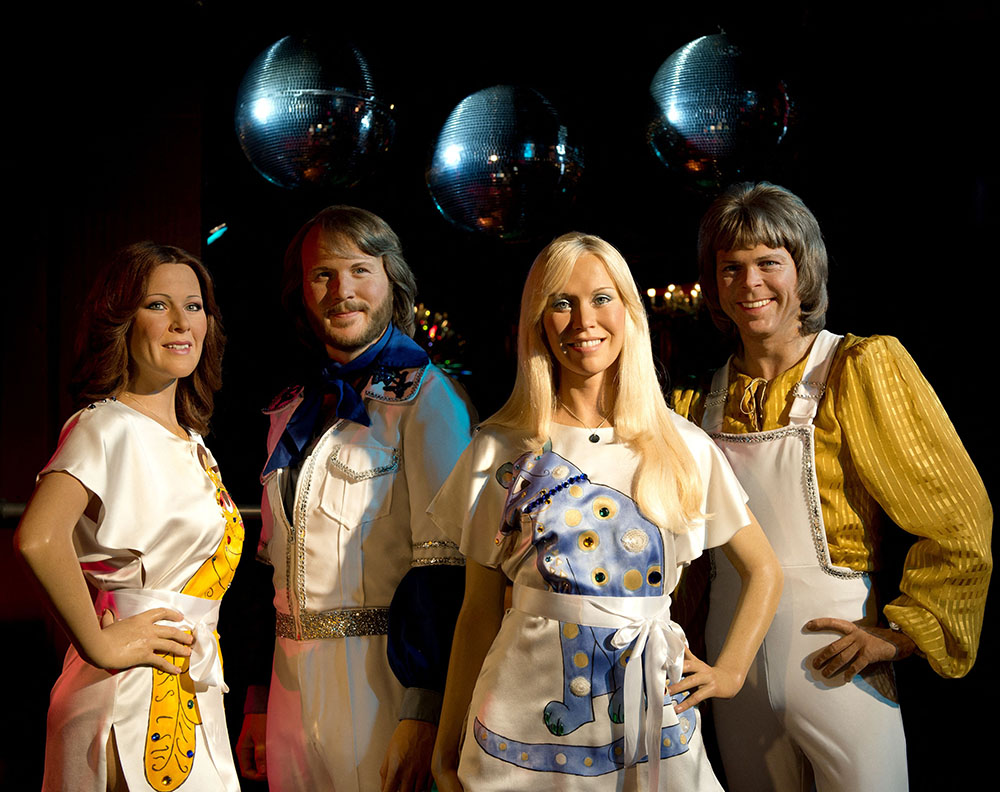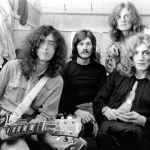ABBA: Sweden’s Pop Superstars – A Timeless Phenomenon

ABBA, the iconic Swedish pop group, burst onto the global music scene after forming in Stockholm in 1972. Comprising Agnetha Fältskog, Björn Ulvaeus, Benny Andersson, and Anni-Frid Lyngstad, the quartet quickly captivated audiences with their infectious melodies, intricate vocal harmonies, and groundbreaking production. Their journey to international superstardom was officially launched after their triumphant win at the 1974 Eurovision Song Contest with the unforgettable track “Waterloo,” a victory that set the stage for their unparalleled success.
ABBA went on to become one of the most successful musical groups of all time, selling hundreds of millions of records worldwide. Their discography is a treasure trove of pop perfection, filled with hits that remain beloved classics to this day. Among their most celebrated songs are the euphoric “Dancing Queen” (their only U.S. No. 1, a testament to its universal appeal), the theatrical “Mamma Mia,” and, of course, the song that started it all, “Waterloo.” Their music was characterized by catchy hooks, sophisticated arrangements, and often poignant lyrics that belied their upbeat tempo.
What made ABBA particularly groundbreaking was their achievement as the first non-English-speaking group to achieve consistent and massive success in English-speaking countries, including the UK, USA, Canada, and Australia. They meticulously crafted their songs in English, demonstrating a keen understanding of global pop sensibilities and breaking down linguistic barriers in the music industry. This pioneering feat paved the way for many international artists who followed.

Beyond their musical prowess, ABBA’s visual identity was just as iconic. Their flamboyant, often sequined and elaborate stage costumes became a well-known trademark, reflecting the maximalist fashion trends of the 1970s and adding to their unique, unforgettable stage presence. These outfits, alongside their memorable music videos, cemented their status as pop culture innovators.

Even after their hiatus in the early 1980s, ABBA’s popularity never waned. Their music found new life through musicals like “Mamma Mia!” and subsequent film adaptations, introducing their timeless sound to new generations. ABBA’s legacy continues to inspire, proving that their blend of pop genius, vocal harmony, and undeniable charisma has truly made them Sweden’s pop superstars for the ages.











